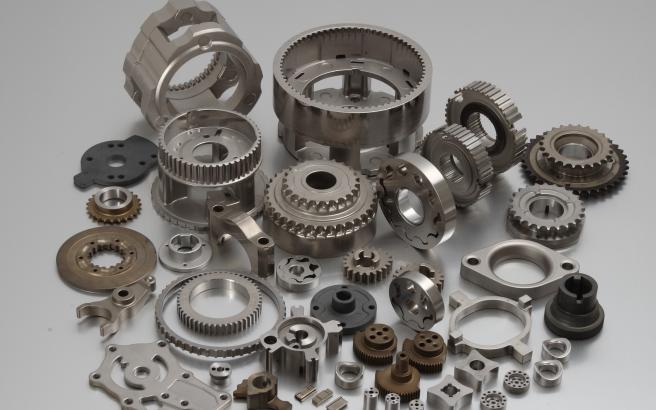The rising dependence of the automobile sector on powder metallurgy (PM) processes is led by their manufacturing efficiency and cost-effectiveness. Both ferrous and non-ferrous metals are used to produce long-lasting auto parts through this process. Iron alloys and other ferrous metal varieties are used in pistons, connecting rods, and gears. They offer excellent wear resistance and strength. Copper, aluminum, and other non-ferrous metals help build lightweight PM components, which are critical in increasing vehicles’ fuel economy. Today, these innovative designs power electric vehicles, gasoline engines, and trucks, where lightweight parts are most needed. PM technologies also design complex shapes with much less yield loss, further empowering the auto industry’s sustainability initiatives.
However, not all parts enjoy the same quality standard and precision. If you want to source the right products, find a trusted powder metallurgy supplier. Specialization and adherence to stringent rules will be their hallmark. How do you determine if they are trustworthy? Here are a few suggestions.
- Choosing trusted suppliers for PM auto parts
Powder metallurgy parts are known for being made from fine metal powders with varying ranges of particle sizes, as required. Base materials can be bronze, aluminum, etc. While undergoing different steps of manufacturing, the powdery particles are sintered or heated to create products. Typically, most of them don’t need additional machining because of their near-net dimensions. Plus, they exhibit excellent porosity and surface finish. All these results are most desired. However, only experienced suppliers can guarantee high quality. Those who have gained expertise in this field offer custom parts. They can build auto parts based on your specifications with various metal powders utilizing their properties. They will have all types of equipment and tools to offer precision components.
Another critical factor is their ability to produce products in large batches with exact details. If you find someone offering this capability, it will be easier to rely on them. You can also check how easily their customer support team is accessible. Prompt services can remove a lot of your stress. ISO certification and adherence to MPIF Standard 35 should be considered.
- Benefiting from the advanced PM auto parts
Advancements in powder metallurgy have become an advantage for prime manufacturing sectors like automotive. This metalworking involves several steps, from metal powder preparation to blending, compaction, and sintering. Each level of product manufacturing is strictly monitored to avoid any anomalies. Designers and engineers also ensure all the components are affordable, sustainable, wear-resistant, and sturdy. Whether you want to enhance your car’s safety or braking system, you can rely on PM parts hassle-free. You can source camshaft sprockets, timing gears, oil pump gears and rotors, valve guides, and connecting rods for engines. You can buy shift forks, synchronizer hubs, clutch plates, and ABS rings for transmission systems. PM methods are suitable for producing small parts with high precision, complex geometries, resistance, and more. Because of their surface finish, they are also aesthetically appealing. You can use these advanced components in your vehicles to offer your consumers a comfortable and safe riding experience. Since they are often reasonably priced, the cost of manufacturing and marketing your vehicles will also be positively affected.




